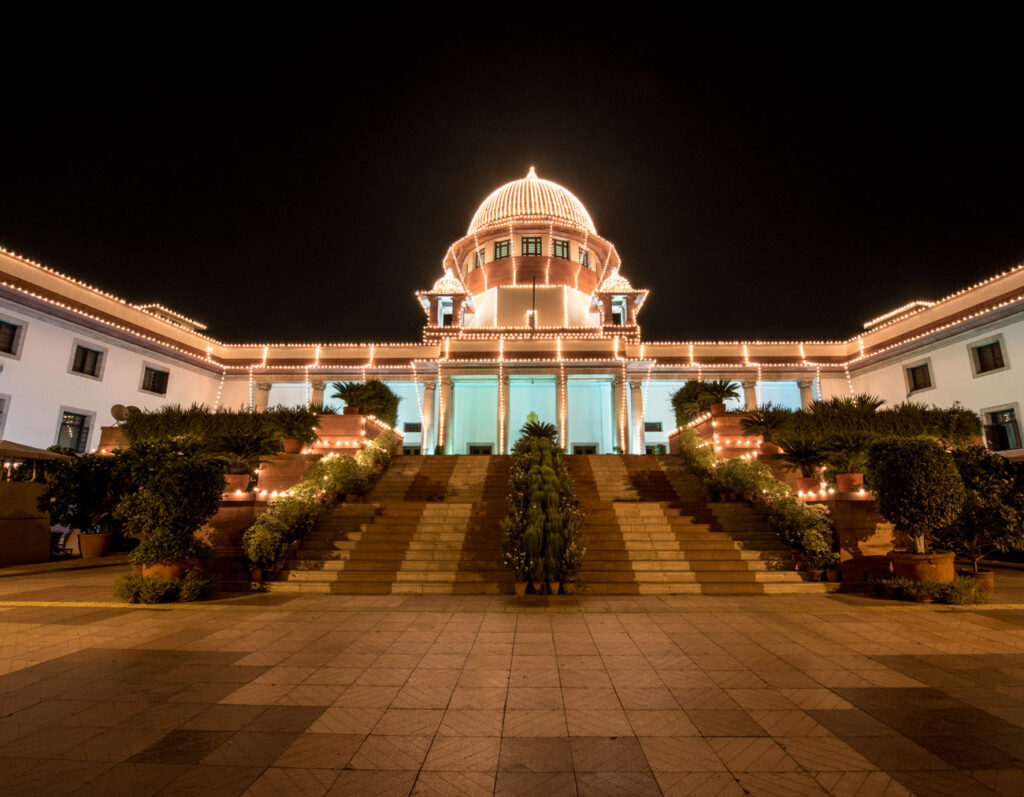New Delhi, March 21.
The Supreme Court on Tuesday asked all courts to avoid making remarks which perpetuate patriarchal notions. These include remarks suggesting that only a male child would further a family lineage or be able to assist parents in old age.
“Courts should also not indulge in furthering the notion that only a male child furthers family lineage or is able to assist the parents in old age. Such remarks involuntarily further patriarchal value judgements that courts should avoid regardless of the context,” a bench, led by Chief Justice of India D.Y. Chandrachud, said.
The bench had some harsh words for the trial court, which did not consider any mitigating factors before sentencing a young man, who killed a 7-year-old boy for ransom, to death, and for reinforcing patriarchal stereotypes.
The top court commuted his sentence to 20 years in jail without remission. It also issued contempt to Tamil Nadu police for hiding the fact that the accused had attempted to escape from the jail once.
In its words directed at the trial court, the bench said: “We wish to note that the sex of the child cannot be in itself considered as an aggravating circumstance by a constitutional court.”
“The murder of a young child is unquestionably a grievous crime and the young age of such a victim as well as the trauma that it causes for the entire family is in itself, undoubtedly, an aggravating circumstance.
In such a circumstance, it does not and should not matter for a constitutional court whether the young child was a male child or a female child. The murder remains equally tragic.”
The court also criticised the lower court and the High Court for not looking at the mitigating factors in favour of the accused at all while awarding him a death sentence.
In a case of life or death as stated earlier, the presiding officer must show a high degree of concern for the statutory right of the accused and should not treat it as a mere formality to be crossed before making the choice of sentence, it said.
If the choice is made, as in this case, without giving the accused an effective and real opportunity to place his antecedents, social and economic background, mitigating and extenuating circumstances, etc., before the court, the court’s decision on the sentence would be vulnerable, the court said.
“We need hardly mention that in many cases a sentencing decision has far more serious consequences on the offender and his family members than in the case of a purely administrative decision; a fortiori, therefore, the principle of fair play must apply with greater vigour in the case of the former than the latter.”
The bench issued a notice to the Inspector of Police, Kammapuram Police Station, Cuddalore District, Tamil Nadu, seeking an explanation as to why action should not be taken for the filing of the affidavit dated 26 September 2021.
“In this case, prima facie, material information regarding the conduct of the petitioner in the prison was concealed from this court. Accordingly, the registry is directed to register the matter as a suo motu proceeding for contempt of court,” the bench, which also included Justice Hima Kohli and P.S. Narasimha, said.

